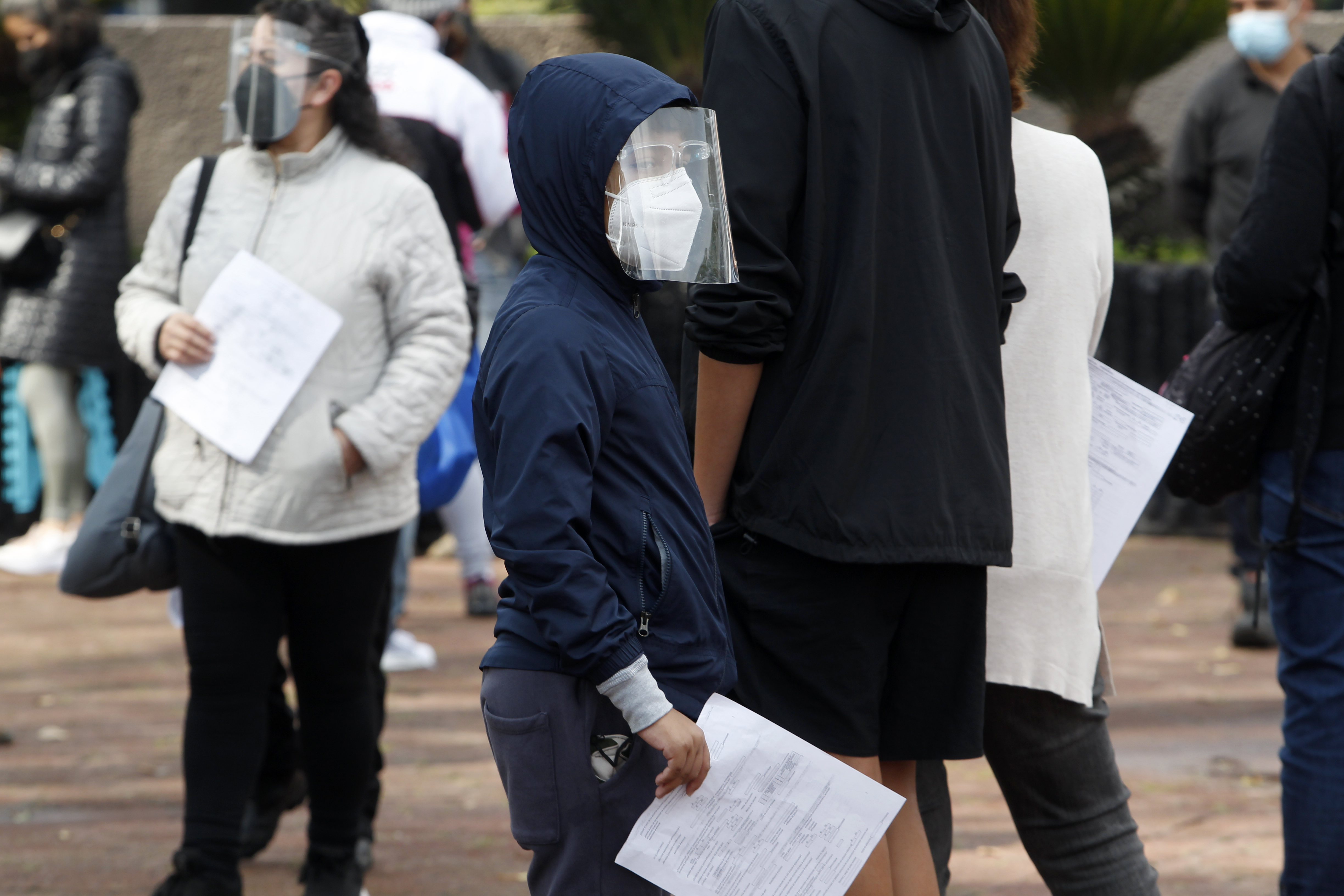That Mexico City Government (CDMX) report that there is currently four cases of suspected acute hepatitis in children of unknown origin.
It’s confirmed Olivia Lopez ArellanoThe capital’s Health Secretary, who explained that the patient, all under 8 years oldThey are in stable health. Even so, he cautioned that the final detection was determined after a series of laboratory studies.
“In their world it is still a probable case (…) they are being studied as such because the etiology has not yet been identified,” he added at a news conference.
Health authorities around the world have been vigilant to detect this disease by characteristics inconsistent with some of the most common viruses such as A, B, C and E.

As of May 3, the World Health Organization (WHO) announced the detection of this acute hepatitis at least 228 children from 20 different countrieswhile the amount suspect remains at 50.
Mexico entered the list of countries with registration after Nuevo León will announce the first four detected, but is stable and continuously monitored. In addition, Sinaloa, San Luis Potosi, Coahuila, Tamaulipas, Durango and now CDMX are some of the entities waiting to confirm the suspects.
Asked about the increased chance of infection, Hugo Lopez-GatellDeputy Minister of Health, reported that currently there are 17 patients in the study. However, he pointed out that extraordinary measures would not yet be implemented as “there is no indication that it is infected.”
“It is very important that so far, neither in Mexico nor in the world there is any evidence to confirm or rule out what causes it, so it cannot be confirmed that it is contagious.”

Although it is still unknown how the first case emerged, it was detected in late April in great Britainseveral hypotheses about possible associations, on the one hand, with SARS-CoV-2 or, on the other hand, with adenovirus 41 associated with gastroenteritis.
Most of the records came from the UK, with 145, and the United States, with 20. Other countries also detected were Ireland, Spain, France, Germany, Belgium, Israel, Romania, Norway, Argentina and recently. Mexico.
It should be noted that hepatitis is usually rare in children, but experts have detected more cases in the UK since January than would normally be expected in a year.
According to WHO, minors with this new hepatitis outbreak develop in association with: diarrhea and vomiting, abdominal pain and yellowish discoloration of the skin and mucous membranes.
Another fact about this unusual hepatitis, and one that attracts the attention of specialists, is zero transmission between families, namely patients not contagiousFor example, his brothers.
According to regional director of organ emergencies, Gerald Rockenschaub, attention to this matter is of an “urgent” level, so he asks to give it “absolute priority”.
CONTINUE READING:

“Internet trailblazer. Troublemaker. Passionate alcohol lover. Beer advocate. Zombie ninja.”

:quality(85)//cloudfront-us-east-1.images.arcpublishing.com/infobae/L4DESQR4FBE3FBT4VF2PUWWDXU.jpg)





